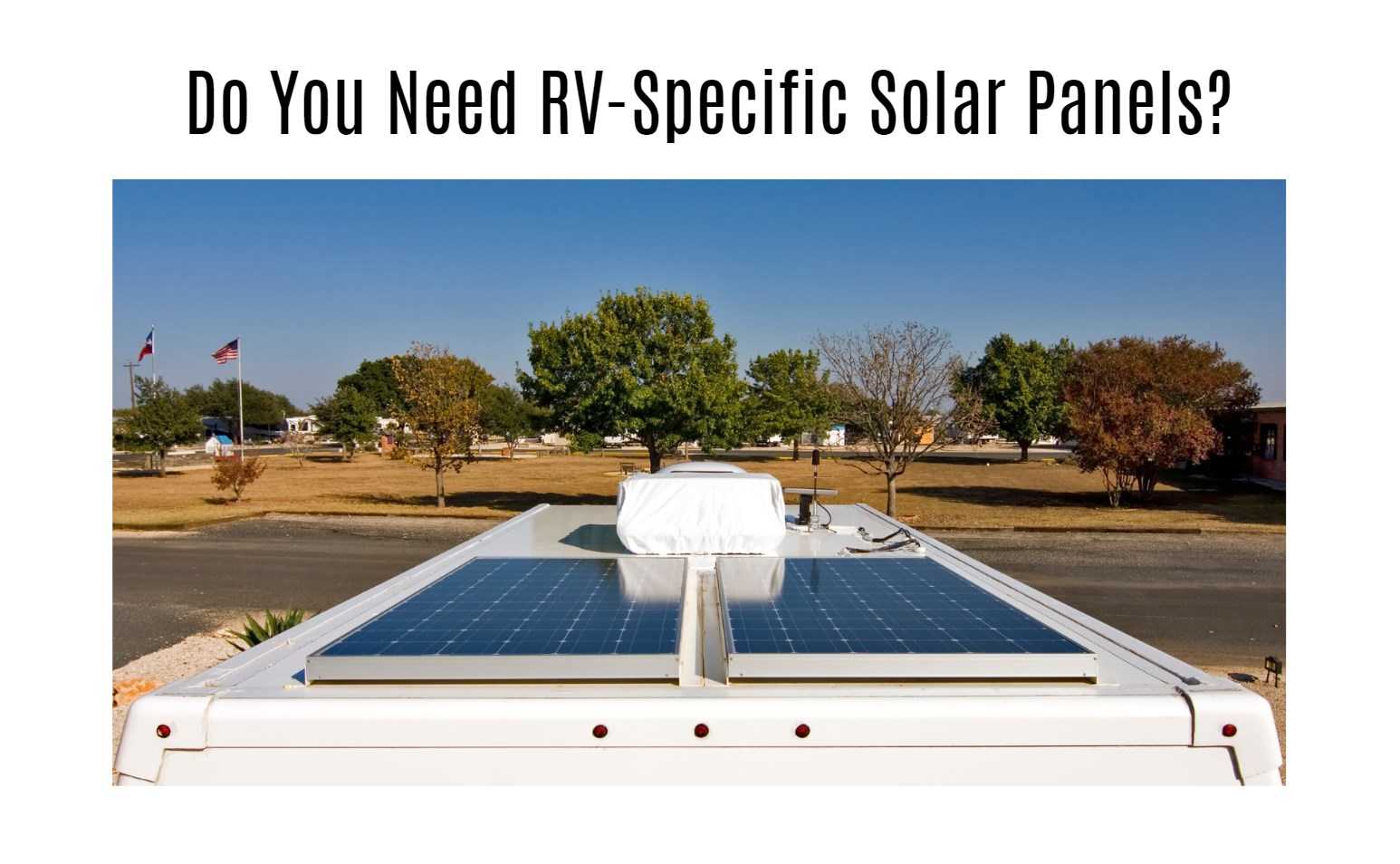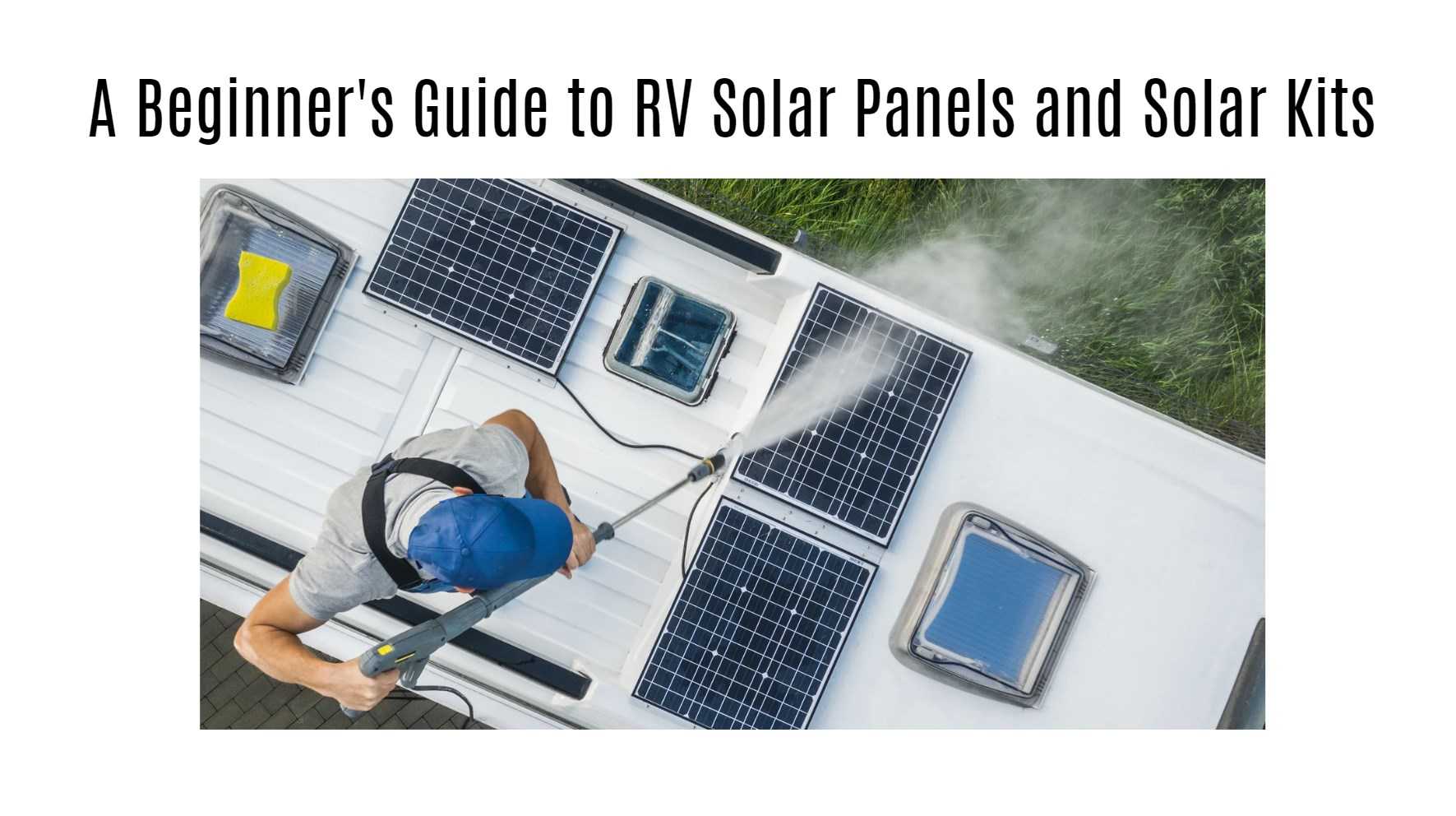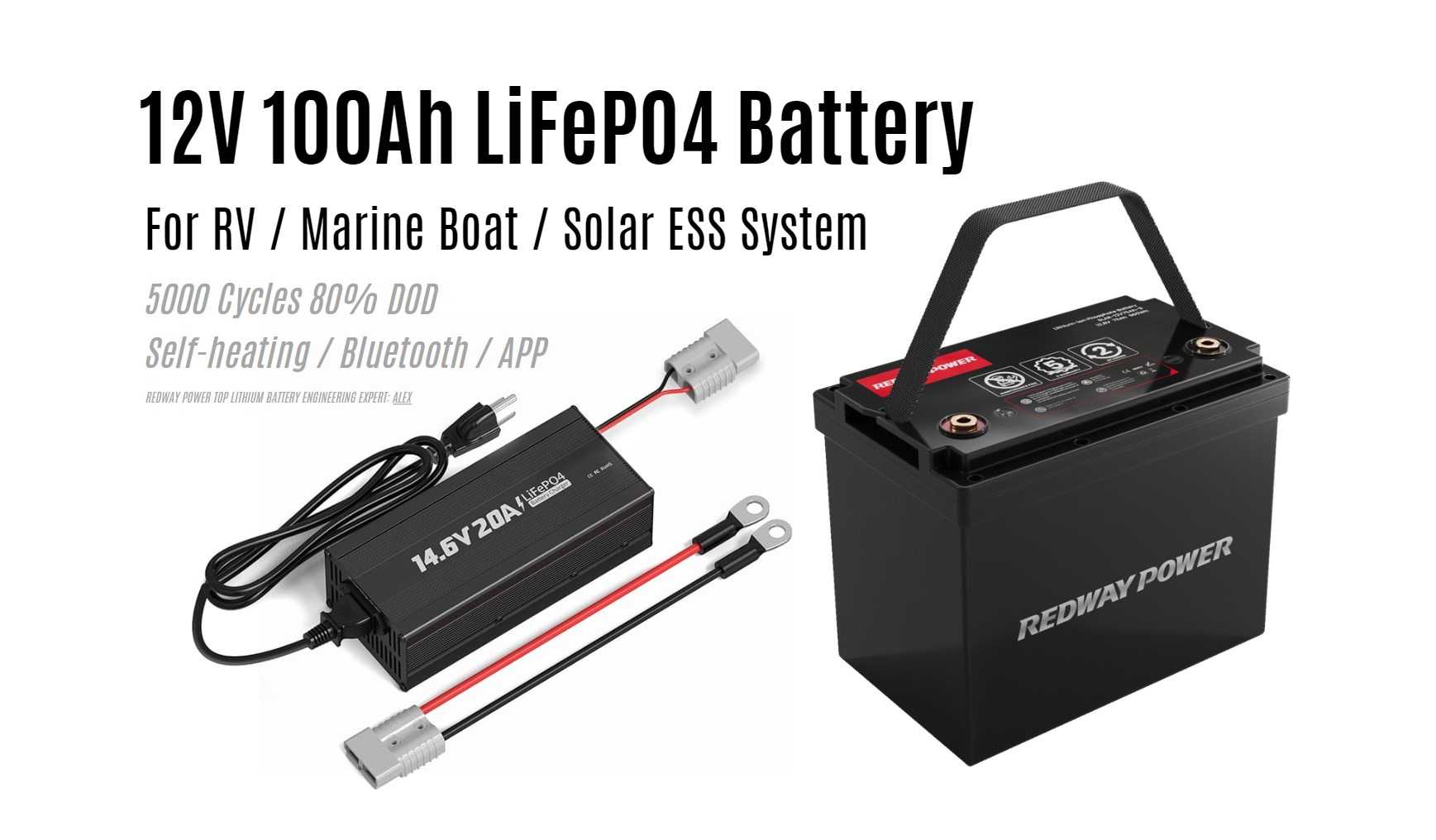RV solar panels have gained popularity among RV owners as a more efficient way to access solar energy. These panels capture the sun’s energy and convert it into usable electricity to power appliances, devices, and charge batteries in your RV. (Check: Buy LiFePO4 RV Batteries at B2B Prices from China Manufacturer)
How Do RV Solar Panels Work?
RV solar panels work by absorbing energy from the sun through solar cells. The absorbed energy is converted into solar electrical current, which is then fed through wires to a charge controller that controls the battery’s current. This stored energy can power appliances and devices in your RV and charge devices for later use.
Components of an RV Solar System
To better understand RV solar panels, it’s important to know the key components of an RV solar system:
1. Battery Bank: This is the main component that stores the energy provided by the solar panels. Lithium batteries are recommended for solar applications due to their superior performance.
2. RV Solar Panels: These panels are installed on the roof of your RV and use solar cells to collect the sun’s energy. Mount them at the best angle for maximum sun exposure.
3. Charge Controller: The charge controller is connected to the solar panels and the battery bank. It controls the rate at which the batteries charge and prevents overcharging. MPPT charge controllers are efficient for RV solar systems.
4. Inverter: The inverter converts the 12-volt DC electricity produced by the batteries into 120-volt AC power, allowing you to operate AC-powered appliances in your RV.
Determining the Number of RV Solar Panels Needed
The number of solar panels needed for an RV depends on factors such as panel efficacy, energy consumption habits, and sunlight exposure. To determine the size of the RV solar system you need, calculate your average daily energy consumption by adding up the wattage requirements of your appliances and devices. Multiply the system size by the number of hours of direct sunlight your panels receive daily to estimate the electricity generated.
Do You Need RV-Specific Solar Panels?
While it’s not necessary to use RV-specific solar panels, there are certain considerations. RV roofs with limited space may require smaller panels, while roofs with ample space can accommodate full-size residential panels. RV-specific panels usually operate at around 17-20 volts, compatible with most charge controllers, while home panels may produce higher voltages requiring MPPT-style controllers.

What is an RV Solar Kit?
An RV solar kit typically includes solar panels, brackets, wires, and a charge controller. It’s a starter package that requires additional components like an inverter and batteries to complete the solar power system.
Top 5 RV Solar Kits
1. Renogy 400 Watt Solar Panel Kit: Provides 400 watts of solar power with easy installation and includes mounting accessories.
2. WEIZE 200 Watt Solar Panel Starter Kit: Features 200-watt monocrystalline solar panels, a PMW charge controller, and includes mounting brackets and cables.
3. Renogy 100 Watt Portable Solar Panel Suitcase: Designed for charging portable power stations with a foldable and adjustable design.
4. QDG 1200 Watt Flexible Solar Panel Solar Kit: Offers flexible solar panels for uneven surfaces and comes with a 40A charge controller.
5. Topsolar Solar Panel Kit 100 Watt: Includes a 20A charge controller and solid monocrystalline solar panels, requiring additional components like batteries and an inverter.
Why Shift to RV Solar Panels?
RV solar panels offer freedom and independence for camping in remote areas, dry camping, and campgrounds without electricity. They provide power to operate appliances and devices without the need for plugging into electricity or running a generator.
Cons of RV Solar Panels
1. Cost: RV solar power systems can be expensive, ranging from $3,500 to $10,000, depending on the components and installation.
2. Installation Complexity: Installing a solar system in an RV can be challenging, especially for those without technical expertise. Professional help or online resources can assist with installation.
3. Weather Dependence: RV solar power systems rely on sunlight, so their effectiveness can be affected by weather conditions. It’s recommended to have a backup generator for cloudy or rainy days.
Should You Go for RV Solar Panels?
Investing in RV solar panels can be a great idea for those who enjoy dry camping and boondocking. Understanding your power usage and considering the pros and cons of solar power will help you make an informed decision.
Top 10 Questions and Answers for Practitioners in the Energy Storage or Solar Industry:
1. How can I determine the size of an RV solar system needed for a specific RV?
2. What are the benefits of using lithium batteries for RV solar applications?
3. Can I use non-RV-specific solar panels for an RV solar system?
4. What is the role of a charge controller in an RV solar system?
5. How can I calculate the average daily energy consumption of an RV?
6. What are the advantages of using MPPT charge controllers in RV solar systems?
7. Are there any recommended brands for RV solar kits?
8. How do flexible solar panels differ from traditional rigid solar panels?
9. What additional components are needed to complete an RV solar kit?
10. How do weather conditions affect the efficiency of RV solar panels?
Related Posts
- AGM Vs. Lithium Batteries: Which Are Better For Solar RV And Camper Van Battery Banks?
- What Kind of Inverter Does My Solar Panel System Need?
- What is Battery Reserve Capacity?
- Using Solar Panels without Batteries: A Practical Guide
- Understanding the Elevation Angle in Solar Energy: Key Concepts and Applications
- Understanding How Solar Lights Function at Night: A Guide for Energy Professionals




